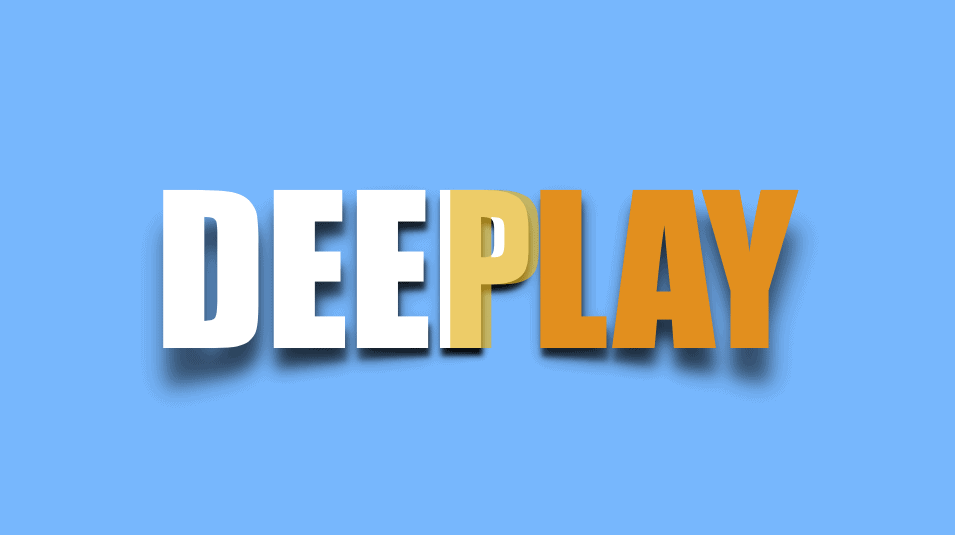One of the myths of the new digital generation is that they are natural multi-taskers. The evidence, however, indicates that multi-tasking is detrimental to performance and success, and though we may try delude ourselves, the fact of the matter is that, we do worse on most measures of performance while multi-tasking. How can this be corrected? One approach that makes sense is to improve awareness of this finding. But does increasing aware of this problematic phenomenon actually help reduce multitasking? This study, led by doctoral student Colin Terry, seeks to answer this question:

Terry, C.A., Mishra, P., Roseth, C. J. (2016). Preference for multitasking, technological dependency, student metacognition, & pervasive technology use: An experimental intervention Computers in Human Behavior. (65) 241-251. http://dx.doi.org/10.1016/j.chb.2016.08.009
Abstract: Technology-enabled multitasking has garnered increased critical attention in recent years. Research on multitasking in educational environments commonly assert a multitude of undesired outcomes such as heightened distraction, hindered learning, and hampered productivity. This study considers critical research gaps related to media multitasking, including student metacognitive awareness. In addition, this study tested a commonly suggested, yet previously untested, educational response wherein students are made aware of the problematic phenomenon, with the aim of mitigating the pervasive behavior. Findings suggest that student technology use is highly attributed to their anxiety without technology and de- pendency on technology, rather than any actual preference for multitasking. Metacognitive awareness was inconclusively correlated with rampant technology use; however, those who exhibited higher behavioral management tendencies demonstrated greater control of their technology use. And while the quasi-experimental awareness intervention failed to shift student media multitasking behavior, promising areas for future research were illuminated through the qualitative analysis.
Image credit: Ryan Ritchie on Flickr




0 Comments